Treaties are entered into between Mexico and the United States, because both nations desire to see their citizens protected from the barbarity of the other. Or at least this, stripped of euphemism, is the idea.
The boasted difference I remember, even before law school, was that our system was superior to the civil law system because we have a presumption of innocence.
Most of us think of the presumption of innocence as the signal hallmark of the our system of justice. A speaker at a luncheon I attended today made an interesting point: Presumption of innocence is not in the Constitution.
I guess I knew that, but until he (Tim Evans, a Fort Worth lawyer) talked about it today, it did not really sink in.
As a practical matter, what does it mean? And if it is not in the Constitution, where did the right to presumption of innocence originate?
This is a judge-made doctrine. It is developed by the Supremes in 1895 in a case named Coffin v. US. Coffin was accused in a bank fraud scheme, but when he and others were tried the judge refused to tell the jury that, 'The law presumes that persons charged with crime are innocent until they are proven, by competent evidence, to be guilty." Refusal to read this sentence to the jury resulted in the Supremes ordering that he get another trial.
In making this decision, the Supremes say it goes clear back to the people of Israel as described in Deuteronomy and the city states Sparta and Athens. They had a presumption of innocence. Roman law and English law were said to be strong on the notion of presumption of innocence, also.
Since the time of the Coffin decision, many countries have required the presumption of innocence. The Europeon Union does now through the Council of Europe so all of the countries in the EU have the presumption of innocence. Canada, France and Brazil have adopted the doctrine.
The presumption of innocence is also part of the Universal Declaration of Human Rights, and as such should be binding on the United States, but I don't know whether, after this week, the Supremes would think Texas courts would be required to enforce it--it is international law, after all.
It was all based on the idea that it was better to let some guilty people to go free than convict an innocent person. Then there is the numbers game of how many guilty can be released to keep from locking up one innocent one. The legal commentator Blackstone, thought it was five. I have heard it argued that it was one, three and a thousand.
Evans said at lunch that he often asks jurors how many they thought was the right number of guilty to let go to avoid locking up an innocent one. Many people now, he says, don't want to take that chance. Some innocent people will just have to take their lumps so we will get more of the guilty.
DNA evidence has overturned many convictions where apparently jurors were not willing to risk not getting the bad apple, so they accidently nailed some innocent ones.
In all my criminal cases since I first went to trial to defend a burglar when I was 25 years old, then, the jury has been told my clients had a presumption of innocence and then I have dutifully made a final argument talking about the presumption of innocence.
Does it really mean anything? Does any juror ever say, "I think this guy is guilty, but I must presume he is innocent, and I would rather be wrong and cut loose several guilty guys instead of sending away this one innocent one, so I'm going to vote not guilty?"
I don't know if it has ever happened that way. I have seen people convicted with little more than an accusation by a police officer and no other evidence. One case I remember, the officer said he had gotten a call that a husband was beating his wife. By the time he got there neither the guy nor his wife would admit to any spousal abuse. At trial, only the cop testified and the jury still found him guilty.
More and more, people in the US are held waiting for trial without bond. Most people charged with drug and immigration crimes in federal court, for example, stay in jail until trial. If there really was a presumption of innocence, wouldn't people be out of jail until trial almost all of the time.
In the state system, a judge does not dare risk a bond on many types of crimes because in the next election it will be the big issue against him.
I think jurors also pretty well demand that a defendant testify before he will be found not guilty. The right not to testify is in the Constitution, but if juries require testimony for acquittal, that is a sign there is not a lot of confidence in this "presumption of innocence" thing.
Judges like to call presumption of innocence the "golden thread" in criminal law. I believe many of us live in fear. Fear, warranted or not, will blind us to this gold.
Friday, March 28, 2008
Subscribe to:
Post Comments (Atom)















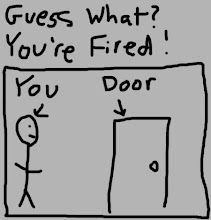
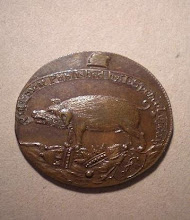









_-_Dante_And_Virgil_In_Hell_(1850).jpg)















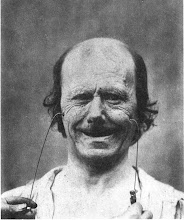
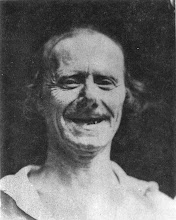


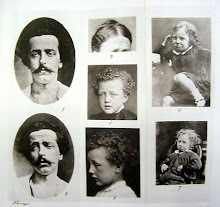





















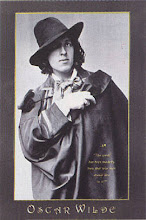
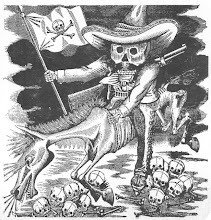












No comments:
Post a Comment